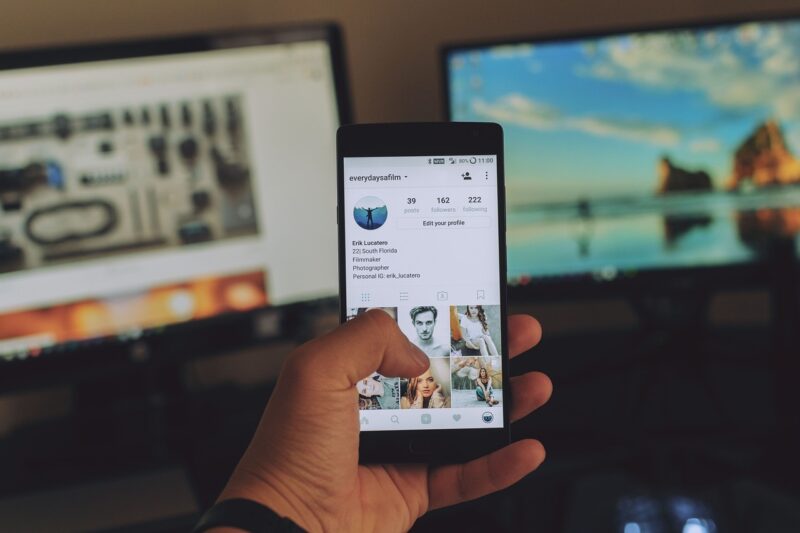The Dangers of Social Media: Navigating Relationships Online
November 18, 2024

In the world of digital communication, social media has become a double-edged sword. No longer are we constrained by geographical limitations; we can easily connect with friends, family, and even strangers from around the globe. However, with this unprecedented connectivity comes a host of dangers that can impact our relationships and mental health. In this article, we’ll explore the multifaceted dangers of social media and offer guidelines for managing your online relationships wisely.
1. The Illusion of Connection
While social media platforms are designed to make us feel connected, it’s important to recognize that these connections often lack depth. The interactions we have online can be misleading; liking a post is not a replacement for meaningful conversation. Studies have shown that individuals with more social media connections often feel lonelier than those who engage in deeper, more meaningful relationships.
The illusion of connection can lead to:
- Increased feelings of isolation despite having numerous online friends.
- A skewed perception of reality, where individuals only showcase the highlight reel of their lives.
- Difficulty in developing real-world communication skills, leading to anxiety in face-to-face interactions.
2. The Impact on Mental Health
The constant comparison to others’ lives can exert tremendous psychological pressure. Social media is often a highlight reel, showing only the best moments while concealing the struggles and hardships that everyone faces. This can lead to:
- Increased anxiety and depression, especially among teens and young adults.
- Lower self-esteem as individuals measure their lives against curated online personas.
- Fear of missing out (FOMO), which amplifies anxiety levels and inhibits the ability to enjoy one’s current life.
Being aware of these potential pitfalls is the first step in guarding your mental health while navigating social media.
3. Miscommunication and Misunderstanding
Text-based communication cannot always convey tone, context, or emotion. This lack of non-verbal cues can result in misunderstandings. How many times have you misinterpreted a message because the sender was joking, but you took it literally? Miscommunication is a common issue on social media, leading to:
- Conflicts that escalate unnecessarily due to misunderstandings.
- Relationship strains as individuals grow frustrated with each other’s online personas.
- Loss of friendships over misinformation or misinterpretation of a post.
To combat this problem, consider focusing on face-to-face conversations or video calls when discussing sensitive topics.
4. Privacy Concerns
One of the most significant threats lurking in the digital world is privacy. Many users do not fully understand the implications of sharing too much personal information online. Potential risks include:
- Identity theft as hackers exploit personal details shared on social media.
- Cyberbullying and online harassment, often stemming from disclosed information or photos.
- Impact on personal relationships when boundaries are violated—sharing images of family or friends without consent can cause rifts.
It’s crucial to examine privacy settings and consider what information is safe to share in a public domain.
5. The Spread of Misinformation
In our high-speed information age, social media is a powerful tool for spreading information, both good and bad. The rapid sharing of misinformation can lead to:
- Conflict among friends and family who may hold differing opinions based on false information.
- Increased polarization in society, isolating individuals from differing viewpoints.
- Damage to reputations and relationships based on rumors that circulate online.
Taking the time to verify information before sharing can help mitigate this issue.
6. Balancing Social Media Use
To protect yourself from the dangers of social media, it’s vital to strike a balance. Here are some tips for effective social media management:
- Take regular breaks from social media to recharge and reconnect with the real world.
- Engage intentionally—focus on meaningful interactions rather than aimlessly scrolling.
- Set boundaries on what you share and with whom, safeguarding your personal life.
- Practice healthy skepticism—think critically about what you read and share online.
Creating a mindful approach to social media can help foster healthier relationships both online and offline.
Conclusion
Social media is a powerful tool that can enhance or hinder our relationships. Understanding its dangers allows us to navigate this digital landscape with greater awareness and balance. In a world where virtual connections abound, we must prioritize authenticity and depth in our relationships, both online and offline. By taking control of our social media habits, we can harness its benefits while protecting our mental health and well-being in an ever-connected world.





